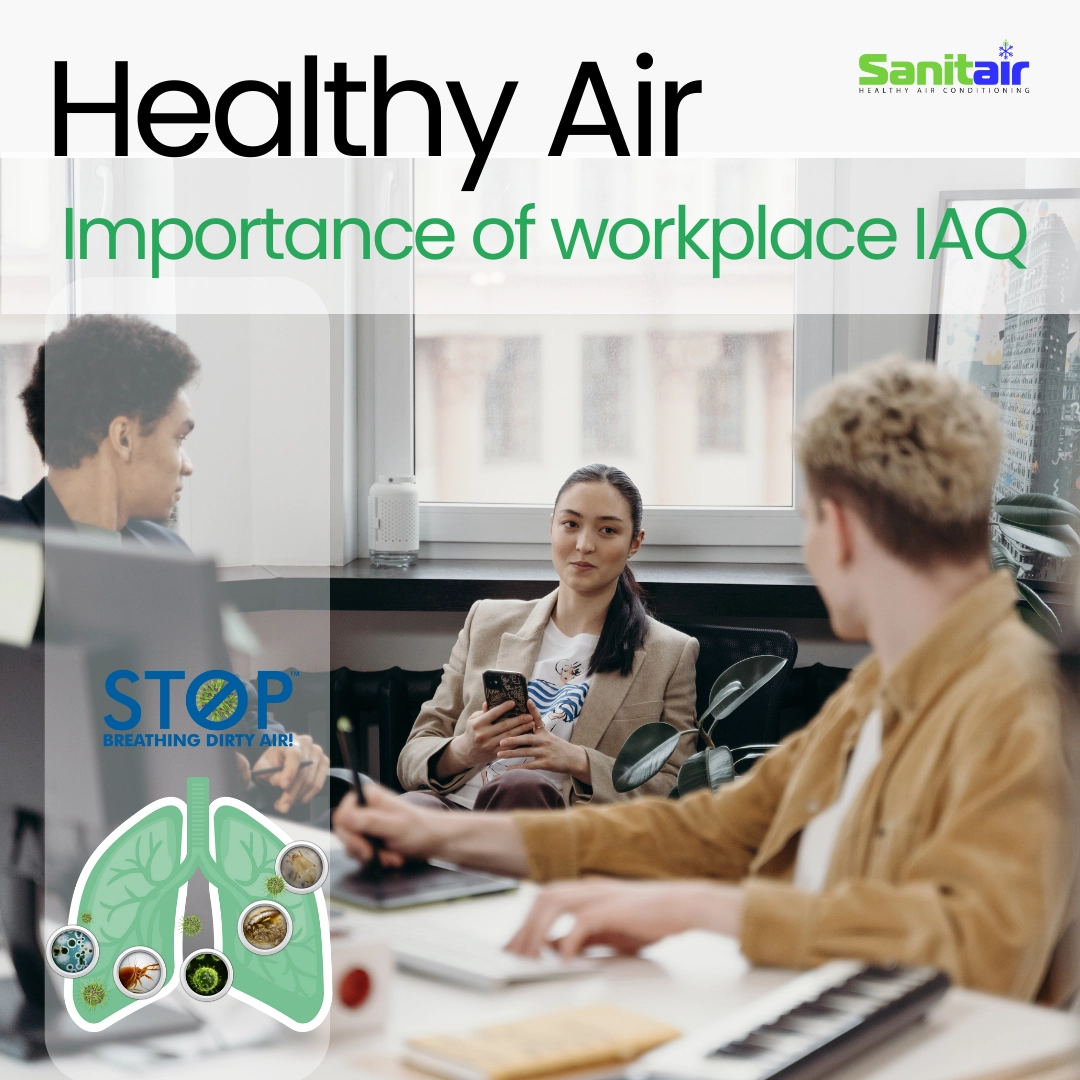
The Importance of Removing Mould from HVAC System in the Workplace
Understanding the Risks
Mould in HVAC systems can lead to a multitude of problems, from health issues to system inefficiencies. Mould spores, when distributed through ventilation, can cause respiratory problems, allergic reactions and other health issues for building occupants. Mould can damage HVAC components, reducing their efficiency and lifespan.
Health Implications
Exposure to mould spores can lead to serious health problems, particularly for individuals with allergies, asthma or compromised immune systems. Symptoms may include coughing, wheezing, nasal congestion, throat irritation and in severe cases, respiratory infections.
Legal and Regulatory Framework
Several standards and guidelines address indoor air quality and safety:
1. National Construction Code (NCC): Requires adequate ventilation to maintain indoor air quality.
2. Safe Work Australia: Sets exposure limits for airborne contaminants, including mould spores to ensure worker safety.
3. State/Territory Workplace Health and Safety Laws: Mandate safe working environments, which include maintaining clean HVAC systems to prevent mould growth.
Best Practices for Maintenance
To ensure compliance with these standards and protect building occupants, it is essential to follow best practices for HVAC maintenance:
- Regular Inspections: Schedule routine inspections to identify and address mould growth early.
- Cleaning and Disinfection: Regularly clean and disinfect HVAC components, including filters, blower fans, ducts, coils and drain pans.
- Moisture Control: Maintain humidity levels within recommended ranges to prevent mould growth.
- Filter Cleaning/Replacement: Clean/Replace filters regularly to prevent mould spores from circulating.
Benefits of Professional AirCon Cleaning
Proper maintenance of HVAC systems not only ensures compliance with legal requirements but also provides numerous benefits:
- Improved Health: Reduces the risk of respiratory issues and allergic reactions.
- Enhanced Efficiency: Clean systems operate more efficiently, reducing energy consumption and costs.
- Compliance Requirements: Meeting compliance requirements not only ensures legal adherence but also contributes to employee health, productivity and overall business reputation.
- Prolonged Lifespan: Regular maintenance extends the life of HVAC components, reducing the need for costly replacements.
- Risk Management: IAQ compliance involves identifying and managing risks that can negatively impact air quality, such as improper ventilation, the presence of allergens or toxins and mould growth in HVAC systems. Risk assessments are often conducted alongside audits to prevent IAQ issues
Ensuring that HVAC systems are free of mould is critical for maintaining indoor air quality and protecting the health of all building occupants. By adhering to guidelines and implementing proper maintenance practices, you can create a safer, healthier environment while also enhancing the efficiency and longevity of your HVAC systems. Sanitair have nearly 20 years experience in cleaning and sanitising air conditioners and can offer the best options when assessing your air conditioning system. Call one of our team for more advice on improving your indoor air quality 1800 130 168, we are Australia wide.
Citations:
[1] https://www.abcb.gov.au/sites/default/files/resources/2022/Handbook-indoor-air-quality.pdf
[2] https://www.hvacrsearch.com.au/article/1414-20220831103142_MouldintheWorkplace.pdf
[3] https://www.safework.nsw.gov.au/hazards-a-z/mould
[4] https://www.worksafe.qld.gov.au/safety-and-prevention/hazards/hazardous-exposures/biological-hazards/managing-mould
[5] https://www.ohsrep.org.au/mould

